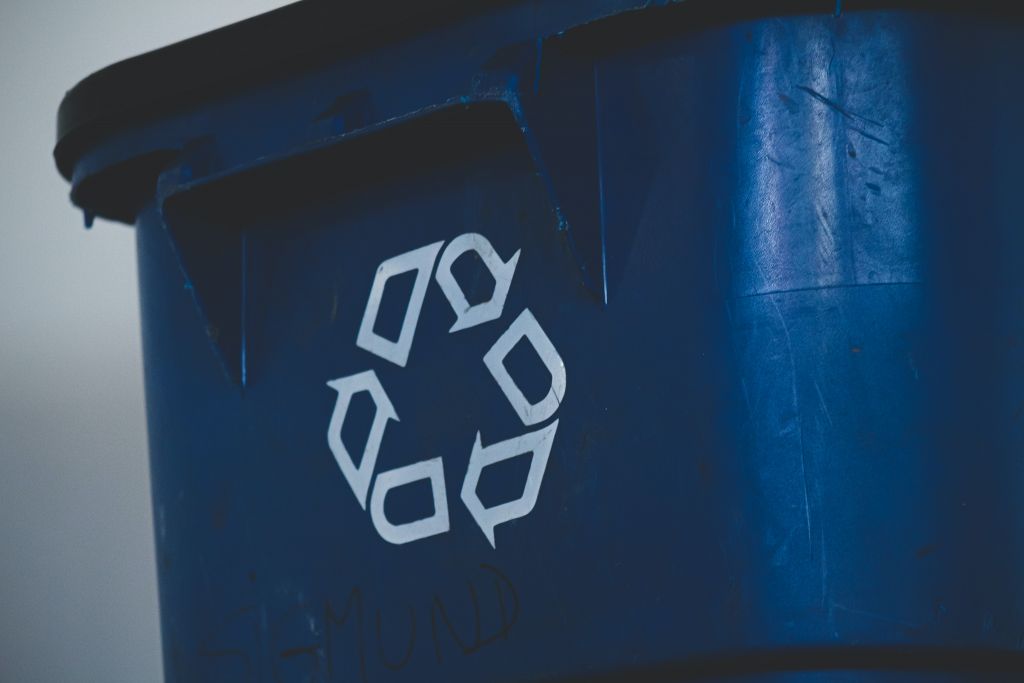


Adopting circular economy principles can help businesses reduce their environmental impact, increase resource efficiency, and create new revenue streams.
The world is facing significant environmental challenges, including climate change, biodiversity loss, and resource depletion. Circular economy is a critical component in addressing these challenges, by providing a more sustainable approach to economic development. Our team of economy experts closely collaborates with our clients to identify opportunities to implement circular economy principles in their business operations, from product design to end-of-life management.
Our Process
Product Design for Circularity
We help our clients design products that are more durable, repairable, and recyclable, and that minimize the use of virgin materials and waste.
Closed-loop Material Flows
We help our clients implement closed-loop material flows that keep resources in use for as long as possible and minimize waste and pollution.
Extended Producer Responsibility
We help our clients develop and implement extended producer responsibility programs that hold producers responsible for the environmental impact of their products throughout their entire life cycle.
Circular Business Models
We help our clients identify and implement circular business models, that focus on delivering value to customers while reducing waste and promoting sustainability.
A Restorative and Regenerative Economic System
We believe that circular economy principles are essential to achieving a sustainable future, and we are committed to helping our clients in putting circular economy solutions into practice that benefit their business and the environment.





Circular Practices for Sustainable Success
By reducing waste and promoting the reuse of materials, businesses can reduce their impact on the environment, decrease greenhouse gas emissions, and conserve natural resources. Adopting circular practices can also help companies comply with environmental regulations, enhance their brand reputation, and attract environmentally conscious customers.

Unlocking New Business Opportunities
By reducing waste and increasing resource efficiency, businesses can reduce costs and improve their bottom line. Companies can also benefit from new revenue streams by selling refurbished or recycled products and creating new business models based on circular principles.

A Path to Reduced Input Costs and Supply Chain Resilience
By optimizing the use of resources throughout the value chain, companies can reduce their resource consumption and minimize waste generation.

Transforming Waste into Opportunity
By embracing circular design principles, companies can create products that are built to last, are easy to repair and upgrade, and can be disassembled and reused or recycled at the end of their life.

Frequently Asked Questions
In a linear economy, resources are extracted, processed into products, and then discarded as waste at the end of their useful life. In a circular economy, resources are kept in use for as long as possible, through strategies such as recycling, reuse, and repair.
Businesses can transition to a circular economy by adopting circular economy principles, such as designing for circularity, sourcing sustainable materials, reducing waste, increasing reuse and recycling, and investing in circular innovation and R&D.
System Group can help with Circular Economy by providing consulting services to companies and organizations to implement circular economy principles into their business strategies.
We can conduct assessments of the organization’s current operations, identify areas of improvement, and develop a customized circular economy plan. This plan can include recommendations for reducing waste, increasing resource efficiency, and implementing closed-loop systems. We can also provide training and education to employees on circular economy principles and how to implement them in their day-to-day activities. Additionally, we can assist with measuring and reporting on the environmental and economic benefits of implementing circular economy practices, such as reduced greenhouse gas emissions and cost savings.

